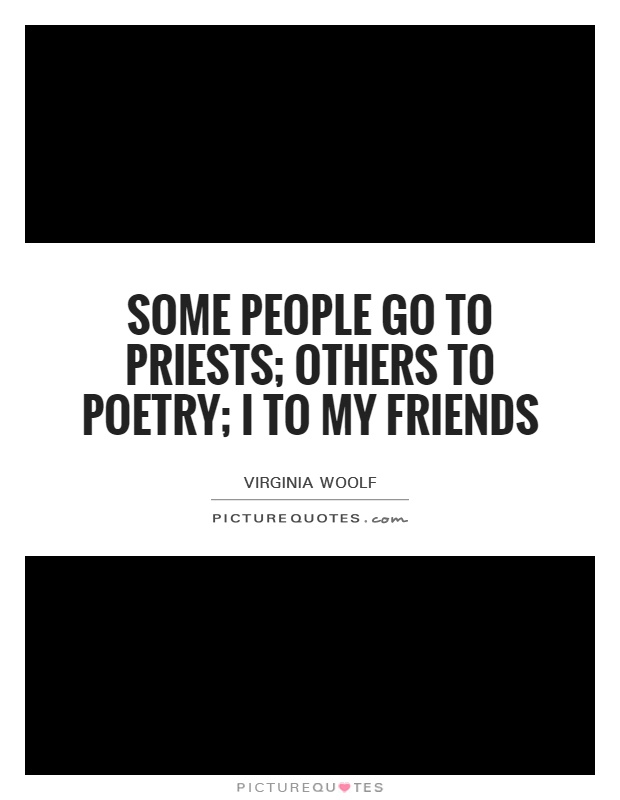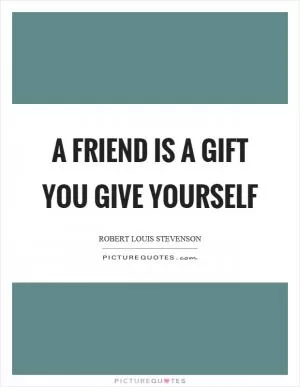Some people go to priests; others to poetry; I to my friends

Some people go to priests; others to poetry; I to my friends
Virginia Woolf, a renowned writer and thinker of the early 20th century, once famously said, "Some people go to priests; others to poetry; I to my friends." This quote encapsulates Woolf's belief in the power of human connection and the importance of friendship in navigating life's challenges and complexities.In Woolf's works, particularly in her novels such as "To the Lighthouse" and "Mrs. Dalloway," she often explores the intricacies of human relationships and the ways in which individuals rely on each other for support, understanding, and companionship. Woolf's characters frequently turn to their friends for solace, advice, and comfort in times of need, highlighting the profound impact that friendship can have on one's emotional well-being.
Woolf's own life was marked by close friendships with fellow writers and intellectuals, such as E.M. Forster, T.S. Eliot, and Vita Sackville-West. These relationships provided Woolf with a sense of camaraderie and intellectual stimulation, helping her to navigate the challenges of her own mental health struggles and creative endeavors.
For Woolf, friendship was not just a source of emotional support, but also a means of intellectual exchange and creative inspiration. In her famous essay "A Room of One's Own," Woolf argues that women writers need both financial independence and a supportive network of friends and colleagues in order to thrive creatively. She emphasizes the importance of cultivating relationships with like-minded individuals who can offer encouragement, feedback, and solidarity in the face of societal barriers and prejudices.












 Friendship Quotes
Friendship Quotes Love Quotes
Love Quotes Life Quotes
Life Quotes Funny Quotes
Funny Quotes Motivational Quotes
Motivational Quotes Inspirational Quotes
Inspirational Quotes